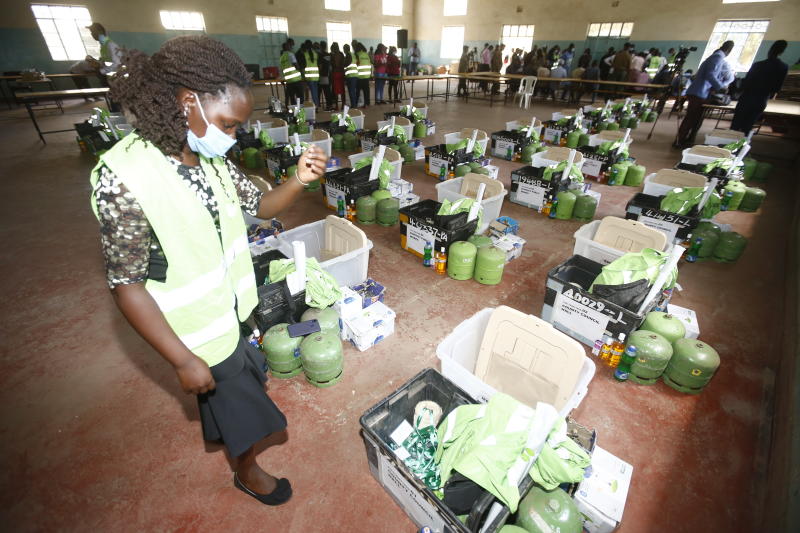An IEBC official inspecting ballot boxes at Moi Secondary School in London Ward on March 3, 2021 [Kipsang Joseph, Standard]
×
The Standard e-Paper
Smart Minds Choose Us

Two hundred and ninety men and women proposed by the Independent Electoral and Boundaries Commission to run election in constituencies will hold the final card on who becomes the country’s fifth President in August.
In the election, now pitted as a two-horse race between ODM leader Raila Odinga and Deputy President William Ruto, returning officers are vested with the powerful role of verifying and declaring the final presidential vote.